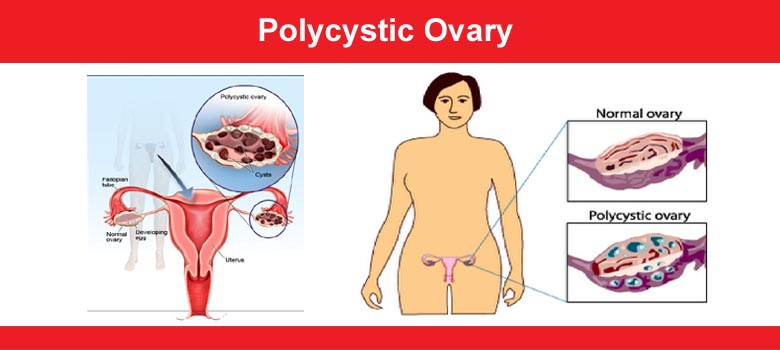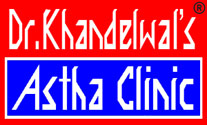
Cysts are fluid-filled sacs that can form in the ovaries. They are very common. They are particularly common during the childbearing years. There are several different types of ovarian cysts. The most common is a functional cyst. It forms during ovulation.
Types of cyst
- Polycystic ovaries- In polycystic ovary syndrome (PCOS), the follicles in which the eggs normally mature fail to open and cysts form.
- Endometriosis- In women with endometriosis, tissue from the lining of the uterus grows in other areas of the body. This includes the ovaries. It can be very painful and can affect fertility.
- Cystadenomas- These cysts form out of cells on the surface of the ovary. They are often fluid-filled.
- Dermoid cysts- This type of cyst contains tissue similar to that in other parts of the body. That includes skin, hair, and teeth.
Ovarian tumors
Tumors can form in the ovaries, just as they form in other parts of the body. If tumors are non-cancerous, they are said to be benign. If they are cancerous, they are called malignant.
Types of ovarian tumors
- Epithelial cell tumors- start from the cells on the surface of the ovaries. These are the most common type of ovarian tumors.
- Germ cell tumors- start in the cells that produce the eggs. They can either be benign or cancerous. Most are benign.
- Stromal tumors- originate in the cells that produce female hormones.
Causes
- Age- specifically women who have gone through menopause
- Smoking
- Obesity
- Not having children or not breastfeeding
- Taking fertility drugs
- Hormone replacement therapy
- Family or personal history of ovarian, breast, or colorectal cancer
Symptoms of ovarian cysts and tumors
- Pain or bloating in the abdomen
- Difficulty urinating, or frequent need to urinate
- Dull ache in the lower back
- Pain during sexual intercourse
- Painful menstruation and abnormal bleeding
- Weight gain
- Nausea or vomiting
- Loss of appetite
Treatment for Polycystic ovarian disease (PCOD)
Homeopathic & Herbal treatment approach towards management of PCOD is constitutional, taking into account the presenting complaints along with physical, mental and genetic make-up that individualizes a person. Homeopathic and herbal medicines which act at root level can bring back deviations of hormonal system back to normalcy and in many cases abolish the need for exogenous hormones with their side-effects and complicating surgical procedures. Moreover, with this hormonal harmony, chances of conception increase significantly.

